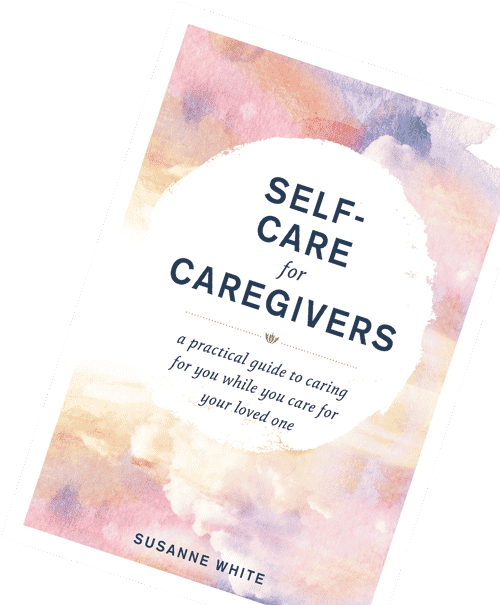NOW AVAILABLE!
Self-Care for Caregivers


I was leaving for work today and was making sure my ailing cat was comfortable. He’s now diabetic (he of the 47 lives and 57 ailments) and he seemed a bit uncomfortable and not quite able to settle into a sleeping position. I thought to myself, jeez I wish you could just talk to me and tell me how you feel. It would be so much better and easier. I wouldn’t have to worry so much that you are in pain or sick or at least I would know what to do for you. I worry so much that he is not feeling well and I’m not able to care for him properly because he can’t tell me what’s going on.
I began thinking of my mom and how she wasn’t able to tell me how she felt as her dementia progressed. I had to really look and listen and interpret what was going on. I was so lucky because she could talk and communicate with me but I had to initiate conversation, ask the right questions and then interpret the answers.
There an art to truly listening to patients and loved ones who can no longer communicate in ways we are used to. The struggle to understand what they need and want is challenging at times. We have to be on the lookout for everything. Phrases and words, even if strange or unusual, body language and intuition can give us signals. We must watch and listen with patience and intention. Even stony silence can send a message.
One Sunday I was reminded of just how important it was to be paying attention. There was a spaghetti dinner at my parents’ church and they both expressed a desire to go. At first, all went well. They were sitting with a group of very supportive friends and my mom seemed to be in her glory. We were halfway through the spaghetti (thank you, Father Anthony, for your sauce!) and I looked up and Mom had this lost, confused, and panicked look on her face. I gently asked her how she was doing. She looked around and said there was so much noise. I could see she was escalating into agitation so I calmly asked her if she wanted to go home. She hesitated for a minute but then clearly told me that yes that would be best. I packed us all up and calmly and cheerfully got my parents in the car and took them home.
She had become overwhelmed with all the commotion and people at some point and would never have been able to tell me until it was too late. Her panic would have turned into a nightmare for her. I was on alert that day and caught it before she was painfully upset. Thankfully she was telling me in a different way using a different type of language and I was able to hear her. The key for me was being present in the moment. I had been careful to stay in the now and be aware of what was going on around me. I noticed and responded to the changes in her body, listened to the phrases she was using, and considered how the environment and circumstances were affecting her. These signals were speaking to me and luckily I heard the translation!
I could do this only when I was calm, attentive, compassionate, and patient. With everything we have to take care of it’s easy to ignore or miss the new signals or even to figure out the message that is coming at us in sometimes confused, seemingly nonsensical noise or body language. The extra time and effort, however, can make a vast difference to the quality of life we can give our loved ones. If we assume they are trying to say something important we can find a way to figure out what that is. So Listen and win. You may be surprised by what you hear!

Become a Caregiver Warrior to receive my complimentary e-book. Bonus: get inspirational updates, useful information, and exclusive caregiving tips delivered directly to your inbox.
0 Comments